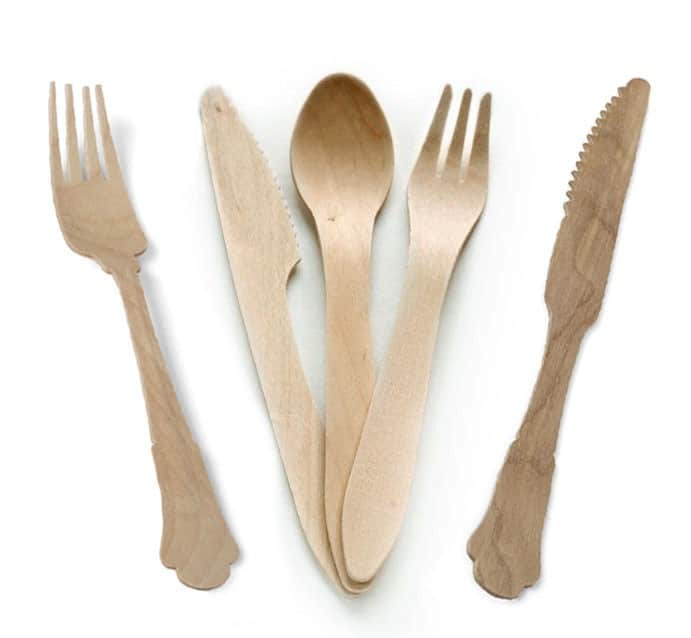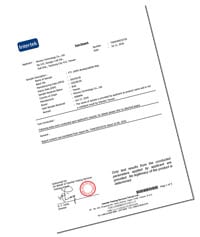What’s the Difference Between Biodegradable & Compostable?
Biodegradable is a natural process that converts organic matter into carbon dioxide (or methane), biomass and water vapor. All life forms on earth depend upon biodegradation in some form to sustain life or remove waste. But biodegradation only occurs when the correct conditions are in place: sufficient moisture and sufficient heat. If the environment is too cold, organic matter will not decompose. That’s what keeps food preserved in your freezer. And, if there is no moisture, organic matter will be mummified…that how we get mummies.
Composting is an accelerated, managed form of biodegradation. Air-borne (aerobic) microbes are placed into a controlled environment designed to maximize the speed at which they decompose organic matter. So, your local leaf & grass clippings are sent to a compost center where professional operators create an optimal balance of carbonaceous materials (leaves, wood chips) along with nitrogen-rich materials (grass clippings, food scraps, even manure or sewage).
In a different process, methane-producing (anaerobic) microbes are used to convert organic matter into biogas.
At the end of the process (60- 180 days later), your get a rich soil supplement – humus – that works great as a mulch in gardens. Humus is also blended into poor soils to help improve plant nutrition and prevent soil erosion.
While this sounds yucky, the process is actually quite clean and efficient. A properly managed compost facility can transform organic trash into humus without muss fuss or odor.
The alternative is far worse: organic waste that are not composted end up in landfills. A properly managed landfill is very dry, so little biodegradation occurs. Organic matter is mummified, and like Egyptian Pharaohs, are kept intact for thousands of years. A dry landfill is actually a good thing: if water gets into a landfill, very little air exists, so anerobic bacteria thrive to produce methane gas and toxic water runoff (leachate) which emits methane gas into the atmosphere and pollution into the water table.
Composting (or anaerobic digestion) are great ways to recycle organic trash into useful products, and prevent organic materials from ending up in a landfill.

